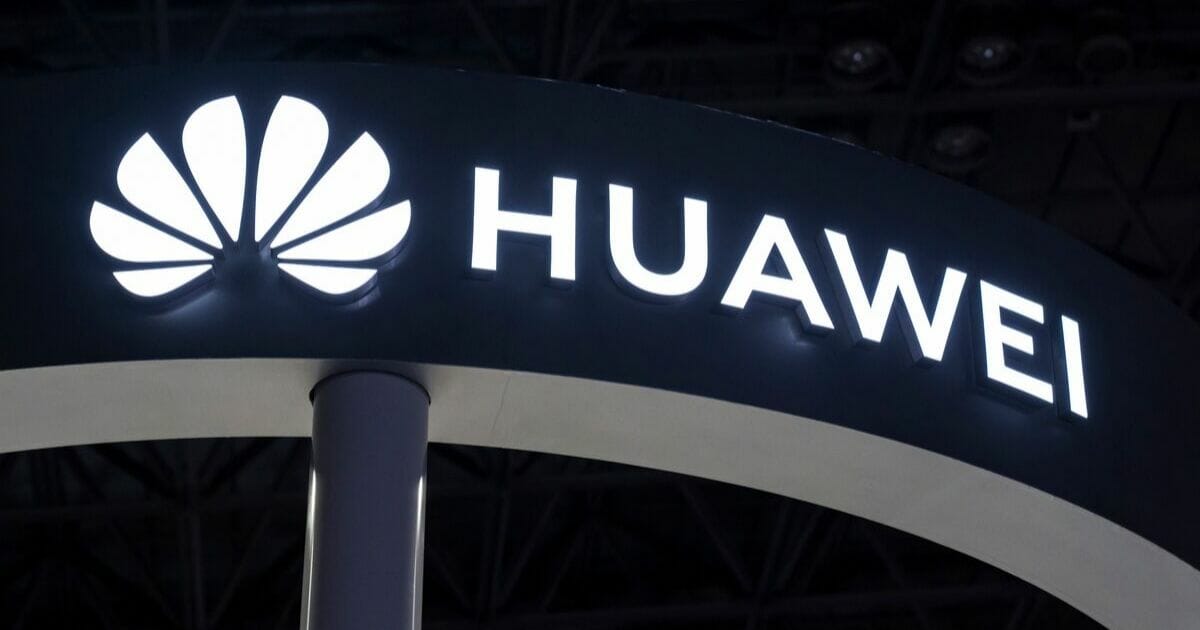
China Is Using Tech Giant Huawei as the Tip of the Spear in Efforts To Harm US
The Communist Party of China is using Huawei as the tip of a spear to harm the U.S. and advance CPC interests. The CPC is effectively using Huawei Technologies USA, Inc. and Huawei Technologies Co., Ltd., to sue the United States of America for allegedly violating the U.S. Constitution!
While the irony of a Chinese company suing its governing authority tempts many to dismiss the event, Americans should care deeply about this.
From its courts to its companies, the United States faces challenges that require a straightforward framing of Huawei’s vital feature, which Huawei itself hides and disguises. “Huawei” refers to China’s largest telecommunications equipment manufacturer and encompasses Huawei’s parent and subordinate entities.
What follows sketches an approach based on U.S. legal principles that aims to frustrate Huawei-led attacks on U.S. interests.
To grasp Huawei’s cardinal characteristic, American readers should think of Huawei as the Peoples Liberation Army Corps of Engineers for Global Telecommunications. In the upside-down world of China’s authoritarians, it looks like the PLA has reversed the U.S. military reserve program.
Here, civilians don military uniforms to serve their country; there, the CPC apparently disguises military personnel as civilians and injects them into operations falsely presented as solely commercial. Troves of résumés on Chinese job-search websites provide the evidence.
This matters profoundly because American ideals of protecting all people’s lives, liberties, expressions and properties diametrically oppose foundational values of CPC authoritarians.
Rather than protecting people from the sovereign, the CPC seeks to protect the sovereign (itself) from the people and, out of fear, is willing to export oppression globally to protect its political dominance domestically.
This matters further because just as the CPC controls the PLA — literally, the armed wing of the Communist Party — so the CPC ultimately directs Huawei. It deserves restating: the CPC turns the U.S. approach to law upside down. U.S. laws protect people from the state, whereas the CPC uses laws to oppress and protect the party-state from the people.
Principles of U.S. law can guide an approach to defeating Huawei in court. To win and uphold a judicial decision, U.S. attorneys could show Huawei’s capability to harm, intent to harm and, if necessary, resulting damages.
Capability: Professors Christopher Balding and Donald Clarke have recently published a paper describing the control structure that would empower the CPC to guide Huawei’s choices to the extent that it wishes to do so. In summary, they distinguish between the cloaked and quicksand formulated ownership postulations and the iron-fisted rule the CPC exercises through its position as the supreme authority over union committees, one of which “owns” more than 98 percent of Huawei.
Intent: Still leaning on U.S. law (as well as legal principles generally accepted within the free world), the second part of the plan speaks to intent. If a fact finder concludes capability to harm, the fact finder may then look for intent to harm.
To establish culpability, in a criminal context, it is not enough to demonstrate the ability to make a fist. The bearer of capability must also express intent to use a capability to harm another. The fist maker must, in U.S. legal terms, reasonably indicate the desire to bloody another’s nose with that fist.
Expressing intent, China’s National Development and Reform Commission has issued directives to Chinese information and communications companies to provide “information exchange platforms” and “reserve interfaces” that meet military standards.
Perhaps the Chinese mandates mean “back doors.” Regardless, they command companies that supply components of communications infrastructure, including mobile and satellite communications and land and marine fiber optic networks, to serve both economic and defense functions.
Results: Chinese agents have countered that no evidence exists to support such assertions. One of Huawei’s rotating chairmen has said, “The U.S. Congress has repeatedly failed to produce any evidence to support its restrictions on Huawei products.” It would be more genuine of Huawei to assert that no unclassified evidence exists.
However, time is running out on this defense. More and more unclassified technical assessments of Huawei’s equipment threats are reaching the public. Finite State, a private U.S. company, the Czech Republic and technologists from Israel all conclude that Huawei gear poses national security threats to their countries. Britain, New Zealand, Australia and Vietnam have reached similar conclusions and published a range of policy responses.
In our country’s liberal approach to protecting the rights of all individuals, we must recognize the true nature of Huawei, both as a purveyor of communication products and litigant against The United States of America. Long ago, the CPC abrogated its commitment to protect Chinese people from China’s imperialistic state.
With confidence, Americans can and should rely on our own great legal tradition to thwart the CPC’s intent to use Huawei’s capabilities to promote authoritarian regimes around the world.
The views expressed in this opinion article are those of their author and are not necessarily either shared or endorsed by the owners of this website. If you are interested in contributing an Op-Ed to The Western Journal, you can learn about our submission guidelines and process here.
Truth and Accuracy
We are committed to truth and accuracy in all of our journalism. Read our editorial standards.
Advertise with The Western Journal and reach millions of highly engaged readers, while supporting our work. Advertise Today.











